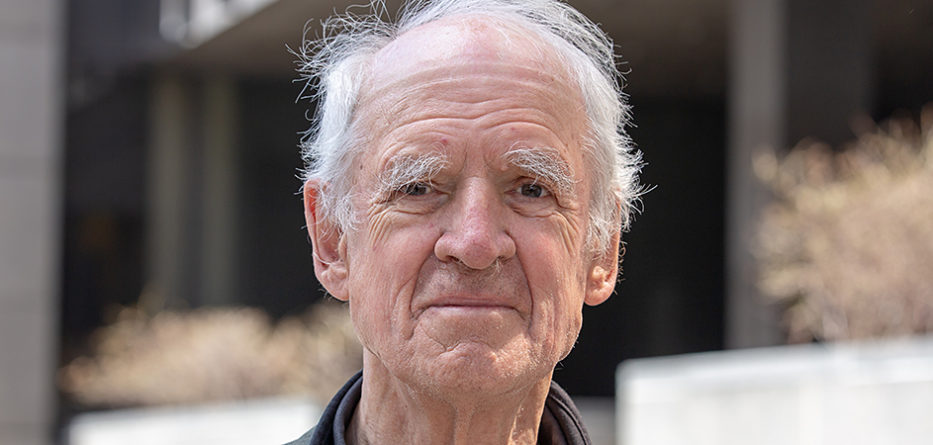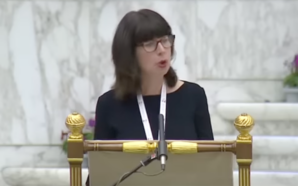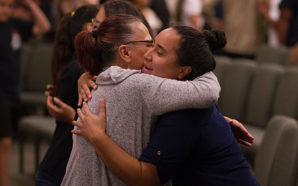Readers of a feature article by America editor in chief Sam Sawyer, S.J., in the most recent issue will have noticed references to a scholar whose work informed much of Father Sawyer’s analysis: Charles Taylor. In addressing the possibilities for moving beyond the current much-lamented polarization afflicting both our national politics and the Catholic Church in the United States, Father Sawyer noted that Taylor’s book A Secular Age offers valuable insights for America’s readers, writers and editors.
“There are two main points from Taylor that have bearing on the question of polarization,” Sawyer writes: “His distinction between three different meanings of secular and his concept of being ‘cross-pressured’ by having to constantly choose among many sources of ultimate meaning.” Taylor argues that the meaning of the word secular has at least three different senses in our contemporary context. The first two are obvious enough—“a sphere differentiated from the sacred, as when the church is separated from the state,” or “the results of the historical process of secularization, such as a decline in belief in God or religious practice.” But Sawyer focuses on Taylor’s third sense of secular: “a cultural context in which religious belief has come to be understood as one contested option among others.”
The central point he draws from Taylor is that even deeply religious people still have to live in a world where their beliefs are not settled once and for all, but always pressured by other possibilities. No longer do we live in an “enchanted world” or a Christendom where certain central beliefs or ways of life are taken for granted by all. The result of this constant pressure on one’s beliefs can be polarization, because we (as individuals or groups) can give in to the sense that we are always under attack—and must always be on the attack against our opponents. The antidote to that polarization, Sawyer argues, is cultivating and valuing the communion we share, even with those with whom we most profoundly disagree.
At a 2015 conference on “Renewing the Church in a Secular Age,” Taylor said that “the big, big issue” for the Catholic Church today is how to “accompany the seekers without shocking the dwellers.” That requires, he said, that Catholics reach out to nonbelievers, to seekers and to members of other faiths, and also that they reach out with the same amount of energy and compassion to other Catholics with whom they do not agree. “We are all part of the same sacramental communion and we have to behave like it,” he said.
To continue reading this article, click here.
James T. Keane is a senior editor at America.
With thanks to America and James T. Keane, where this article originally appeared.








